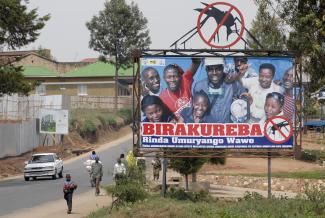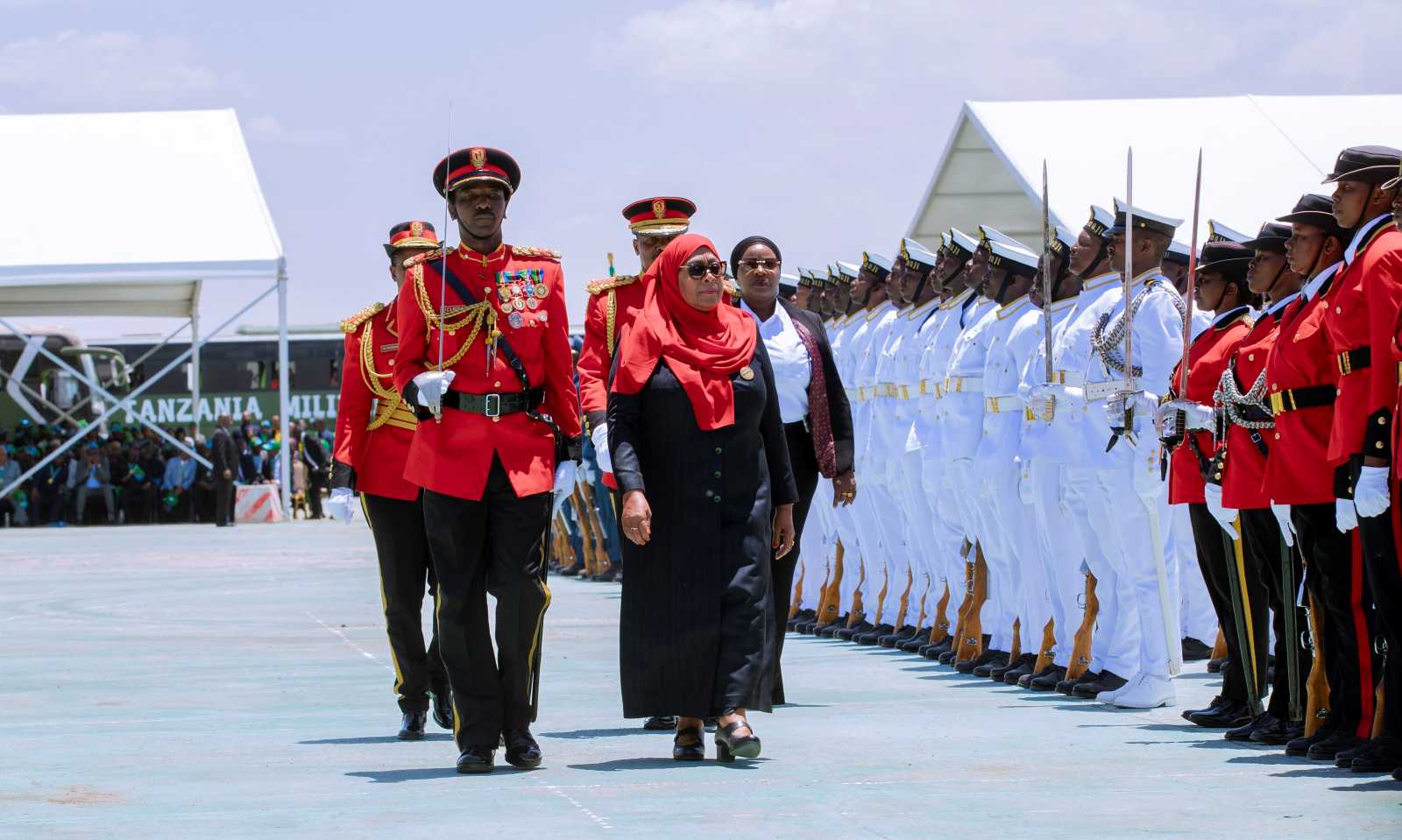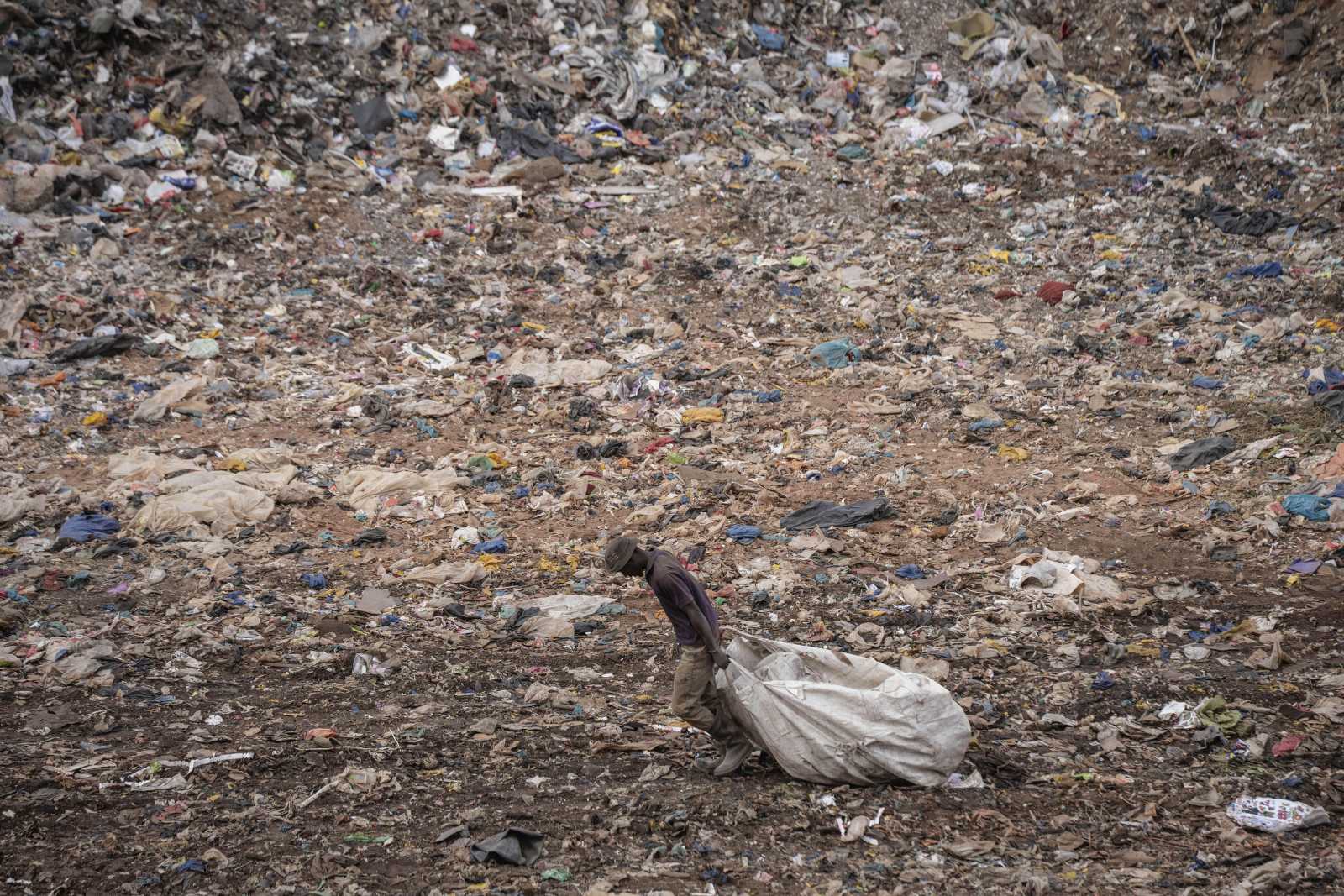Village life
Grassroots participation
The government of Rwanda is encouraging community-level involvement of people in planning and implementing development.

Several approaches serve this purpose. Examples are:
- The central government makes agreements with villages concerning local projects and funding. Every December, local leaders and community delegates meet with representatives of the central government to assess progress and draft a performance contract for the next year. Church leaders are involved too, and they report what the church has achieved.
- People work voluntarily in development initiatives and are involved in activities such as building schools, dispensaries, houses for the vulnerable people. Moreover, they maintain public infrastructures such as roads and wells. At various administrative levels, the government hosts population forums so community members can share ideas.
- One mechanism to eradicate poverty is called “girinka”: the poorest community member gets a cow for a certain period of time. The manure serves as fertiliser and the milk as food. The same cow is later passed on to the next family. The scheme helps to boost social cohesion.
- Local disputes are arbitrated by voluntary mediators who are elected by the village people. The mediators are called “abunzi”. Their work provides opportunities to discuss problems and propose solutions in public. This system is particularly important in view of the violence that rocked the villages in 1994.
Community involvement has become typical of Rwanda’s development. It has a bearing on various issues, including health, education, infrastructure, sanitation and agriculture. Donor governments and the World Bank appreciate this approach because it improves governance. (jwk)











